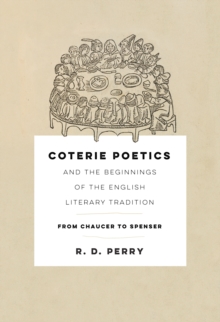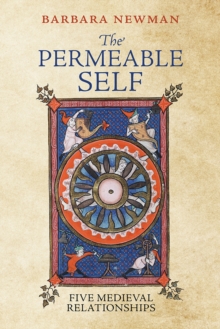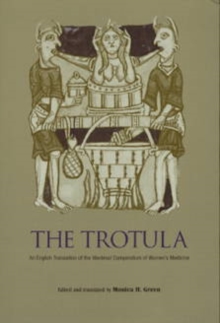
Translating "Clergie" : Status, Education, and Salvation in Thirteenth-Century Vernacular Texts PDF
by Claire M. Waters
Part of the The Middle Ages Series series
Description
In Translating "Clergie", Claire Waters explores texts in French verse and prose from England and the Continent that respond to the educational imperative implicit in the Fourth Lateran Council's mandate that individuals be responsible for their own salvation.
These texts return repeatedly to the moment of death and individual judgment to emphasize the importance of the process of teaching and to remind teacher and learner of their common fate. The texts' focus on death was not solely a means of terrifying an audience but enabled lay learners to envision confrontations or conversations with dead friends, saints, or even God.
Such dialogues at the point of death reinforced the importance of the dialogue between teacher and learner in life and are represented in such varied works as doctrinal handbooks, miracles of the Virgin Mary, retellings of the Harrowing of Hell, and even fabliaux—tales of wit and reversal—in which it is possible to argue one's way into Heaven.
Lively stories that featured minstrels dicing with saints, friends returning from the dead, and thieves teaching the prophets offered a model for laypeople considering how to put their Christian learning into practice and perhaps to teach others. Rather than being seen as a challenge to ecclesiastical authority, lay learning in these texts is depicted as hopeful, comic, and affectionate.
By examining informal works of Christian instruction used outside institutional teaching contexts to convey the learning of the schools to the parishes, Waters shows how lay learners could assume the role of disciple or student in a way previously available only to monks or university scholars.
Information
-
Download - Immediately Available
- Format:PDF
- Pages:312 pages, 6 illus.
- Publisher:University of Pennsylvania Press
- Publication Date:04/12/2015
- Category:
- ISBN:9780812292183
Other Formats
- Hardback from £77.75
Information
-
Download - Immediately Available
- Format:PDF
- Pages:312 pages, 6 illus.
- Publisher:University of Pennsylvania Press
- Publication Date:04/12/2015
- Category:
- ISBN:9780812292183










